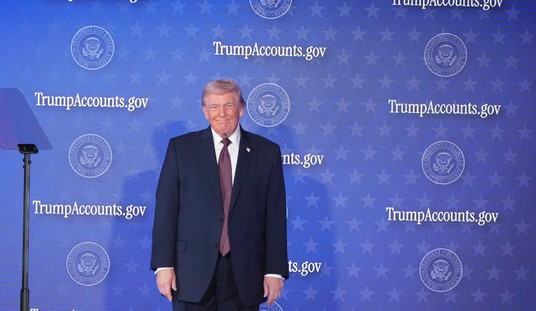Chances are, you’ve never heard of the Wire Act. Chances are just as likely that you are indifferent as to whether it is restored or not, or even what it would mean if Congress were, in fact, to “restore” it.
Nevertheless, there is an effort in Washington to “restore” the Wire Act that could impinge on state sovereignty and harm state budgets. It’s important to look deeply into the Restoration of America’s Wire Act (RAWA) and expose its faults. To begin with, the whole “restoration” part is a lie.
Rep. Jason Chaffetz (R-Utah), sponsor and champion of the legislation in the House of Representatives, writes that “Previous administrations from both parties have held that the federal Wire Act bars Internet gambling.” This was a “bipartisan” position and then suddenly, “without any notice, consultation with Congress, or public input, the Justice Department on December 23, 2011, issued a legal opinion reversing that interpretation.”
After that, Katy bar the door. This novel interpretation, Chaffetz warned, “unleashes the potential for an unregulated gambling industry to be imposed nationwide.”
One, no it doesn’t. There is plenty of room for online gaming regulation and taxation in current state law, and there is still some online gaming regulation at the federal level. Two, the idea that the Wire Act should apply to online gambling is just historically wrong.
Recommended
The Wire Act was passed in 1961 and its purpose, as laid out by its architect, then-Attorney General Robert F. Kennedy in testimony before Congress was “to assist the various States in enforcement of their various laws pertaining to gambling and bookmaking.”
In contrast to this “let’s help the states” approach, RAWA would impose one-size-fits-all, top-down regulation from the federal government that could practically grind online gaming to a halt, temporarily.
This would only encourage more direct gaming in the short run, which is why many casino interests back RAWA. It would also invite eventual competition from less regulated foreign online gaming operations, with no tax dollars going to the states.
Further, the Wire Act was passed well before the Internet was around. How and why was it ever extended to cover the Internet? It wasn’t by an act of Congress, so the “bipartisan” support that RAWA supporters tout is fanciful.
In fact, a coalition of free market groups led by the Competitive Enterprise Institute points out that Congress “considered and rejected no fewer than five bills prior to 2011 to amend the Wire Act and make it applicable to all online gambling.”
That’s right, five different bills went down to defeat, and for good reason. Unless you deeply dislike gaming and wish to prohibit it on principle, there is simply no reason to pass RAWA, even out of committee.
RAWA’s prospects in the House look less certain with Rep. Chaffetz’s recent announcement that he will not seek reelection in 2018. All eyes may now turn to the U.S. Senate, where a companion measure sponsored by Sen. Lindsey Graham of South Carolina has been waiting in the wings. To gain momentum, the Senate measure would need to earn a hearing in Sen. Chuck Grassley’s Judiciary Committee.
Regardless of whether RAWA reemerges in the House or the Senate, Republicans should respect state sovereignty on matters of online gaming and not read into an old law things that were never intended.

























Join the conversation as a VIP Member